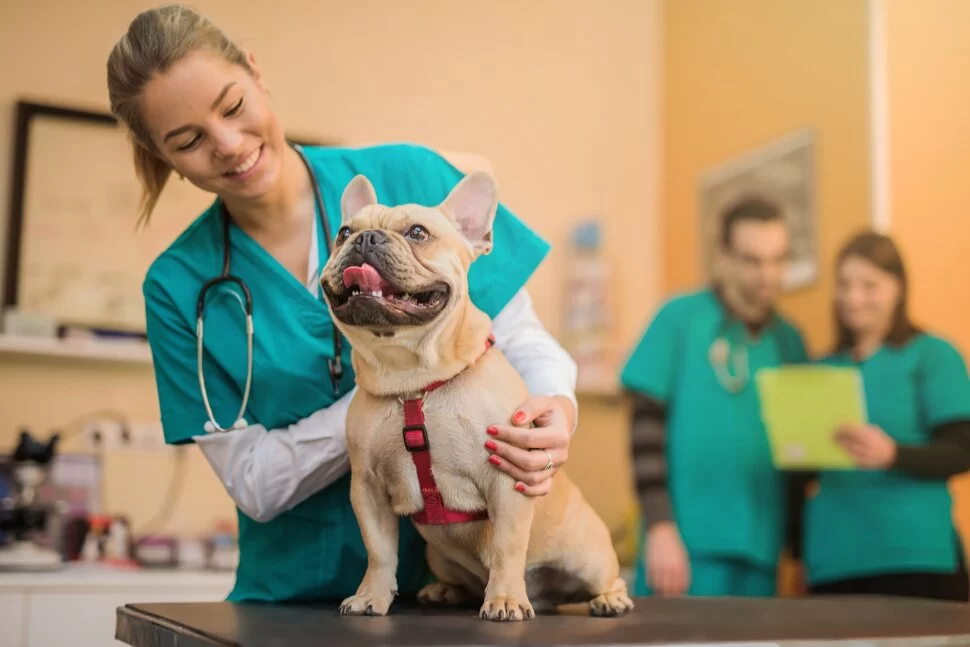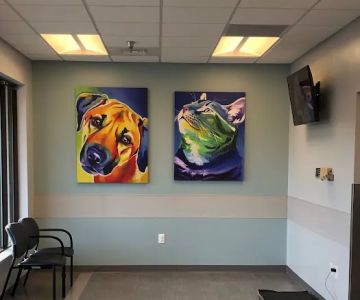What is Considered Veterinary Experience? A Comprehensive Guide
As you begin your journey towards becoming a veterinarian, one of the most important aspects to focus on is building the right kind of experience. Whether you’re currently in veterinary school or preparing to apply, understanding what is considered veterinary experience can make a big difference in your application and career development. In this article, I’ll break down the different types of veterinary experience, explain why they matter, and offer practical tips on how to gain this invaluable experience.
1. Why Veterinary Experience is Essential
Before diving into the specifics, let’s talk about why veterinary experience is crucial. For many veterinary schools, hands-on experience working with animals is one of the most important parts of the application process. It not only shows your commitment to the field but also helps you develop the practical skills you’ll need as a future veterinarian.
Veterinary experience goes beyond simply loving animals. Schools want to see that you can handle the challenges of caring for animals in a clinical or research setting. This experience allows you to understand the emotional and physical demands of the job, and it provides insight into different specializations within veterinary medicine. Moreover, having a strong foundation in real-world veterinary practice helps you stand out as an applicant and builds a solid base for your future career.
2. Types of Veterinary Experience
So, what exactly counts as veterinary experience? Veterinary experience can come in various forms. Let’s explore the most common types that will help you build your qualifications:
2.1 Clinical Experience
Clinical experience is often the most highly regarded form of veterinary experience. It involves working directly in a veterinary clinic or hospital, where you can observe and assist in the treatment of animals. Clinical experience allows you to get hands-on with tasks such as administering medication, taking vitals, and assisting with surgeries or procedures. It provides a firsthand look at the daily responsibilities and challenges of veterinary practice.
Clinical experience can be gained by volunteering or working as an intern in a veterinary office, animal hospital, or specialty clinic. It’s also beneficial if you can work with different species (dogs, cats, birds, etc.) and in various settings, as this exposes you to a broader range of veterinary practices.
2.2 Research Experience
Veterinary research experience can be equally valuable, especially if you’re considering a career in veterinary science or academia. Research experience involves working with veterinary researchers to conduct studies, analyze data, and develop new treatments or techniques. This type of experience is particularly relevant for those interested in veterinary medicine’s scientific side, such as immunology, pathology, or epidemiology.
Research positions can be found in academic institutions, government agencies, or private research facilities. Participating in veterinary research allows you to understand the scientific methods behind veterinary medicine and can give you an edge when applying to veterinary programs or jobs in research and development.
2.3 Volunteering at Animal Shelters
Volunteering at animal shelters or rescue organizations is another excellent way to gain veterinary experience. While it may not be as hands-on with medical procedures as clinical or research positions, it offers invaluable opportunities to work with animals in need, from basic care to behavioral management. Many shelters have partnerships with veterinary clinics, so volunteering at these locations can also provide some exposure to medical care under the supervision of veterinarians.
Volunteering not only helps build your resume but also develops your interpersonal skills and ability to work with both animals and people. It demonstrates your passion for animal welfare and your commitment to helping animals in your community.
2.4 Veterinary Technician or Assistant Roles
If you want to immerse yourself in more hands-on veterinary care, working as a veterinary technician or assistant can be a fantastic option. These roles allow you to work closely with veterinarians in performing medical procedures, assisting in surgeries, taking x-rays, drawing blood, and much more. This type of experience is highly valued by veterinary schools, as it provides real-world, technical experience in the field.
While becoming a veterinary technician requires formal education and certification, working as an assistant can provide valuable experience without the additional schooling. However, both roles offer a strong foundation for anyone interested in becoming a veterinarian and can give you direct experience working with a variety of medical cases.
3. Gaining Experience in Specialized Areas
Veterinary medicine is a broad field with numerous specialties, including dermatology, oncology, surgery, and emergency care. While general veterinary experience is essential, gaining experience in specialized areas can help you stand out to veterinary schools and employers. Specializing early can also guide your future career path as you develop expertise in one area of veterinary care.
To gain experience in a specialized field, consider internships or externships with specialists or veterinary teaching hospitals that offer these opportunities. Some veterinary programs may even allow you to shadow specialists in your area of interest to get a feel for the work involved. Specializing early on can help you decide where you want to focus your education and training and make you a more competitive candidate in your veterinary career.
4. How to Make the Most of Your Veterinary Experience
Simply having veterinary experience isn’t enough to stand out in the competitive field of veterinary medicine. Here are some tips to ensure you make the most of your experience:
- Keep Detailed Records: Track all your hours, duties, and responsibilities, as this will be essential when applying for veterinary school or jobs.
- Ask for Feedback: Always seek feedback from veterinarians, technicians, or supervisors to improve your skills and knowledge.
- Network with Professionals: Building connections with veterinarians, technicians, and other industry professionals can open doors to future opportunities.
- Stay Updated: Keep up-to-date with the latest veterinary trends, technologies, and research to stay relevant in the field.
Conclusion
Veterinary experience is a critical element of your journey towards becoming a veterinarian. Whether it’s hands-on clinical work, research, volunteering, or working as a veterinary technician, all these experiences help build a strong foundation for your veterinary career. By gaining diverse and meaningful veterinary experience, you’ll not only strengthen your application to veterinary schools but also develop the necessary skills to excel in this rewarding field. So, start gaining experience today and set yourself up for success in the veterinary world!












